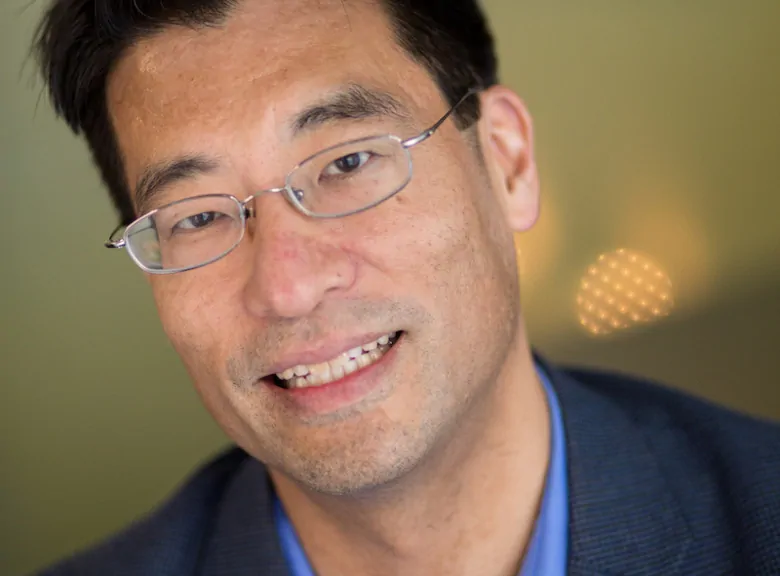A team of researchers has been given the green light — and money — to help find a way to avoid another pandemic. But scientists say history has revealed that when the worst is over, interest in a preventative vaccine tends to die down.

The world we’ll live in — post-pandemic.
What will change when the COVID-19 pandemic ends? Will our world return to its old ways, or emerge retooled, revised, or perhaps even changed for the better?
In this second instalment of a series looking at life after the coronavirus pandemic, CBC Manitoba looks at the historic treatment of vaccines, vaccine research and the science behind it — and whether lessons learned from COVID-19 will be heeded into the future.
A team of researchers has been given the green light — and money — to help science our way out of another pandemic.
That’s the good news.
But history has revealed that the world has a short memory, and once the worst of the bad is over, interest in a preventative vaccine tends to die down, scientists say.
That’s the bad news.
Only time will tell whether lessons learned from this COVID-19 pandemic will sink in a little longer, but at least one researcher isn’t optimistic.
“Maybe in the short term? I’m not sure about the long term,” said research scientist Darryl Falzarano, laughing as he answered.
“Sorry. I guess you caught me on a pessimistic day.”
‘There’ll still be anti-vaxxers’
Falzarano knows his coronaviruses. It’s his job.
The former Manitoban (a graduate from both the University of Winnipeg and University of Manitoba) is now with the Vaccine and Infectious Disease Organization-International Vaccine Centre, or VIDO-InterVac, at the University of Saskatchewan.
For years, he and his colleagues have done animal research on the potential for vaccines against coronaviruses that came along prior to COVID-19, like SARS (severe acute respiratory syndrome).
For years, they’ve envisioned completing the next phase of this — a vaccine-manufacturing facility to support further vaccine research and, eventually, clinical trials on humans.
Then came COVID-19. And now comes the money for VIDO-InterVac.
In March, the federal government committed $23 million to the academic research lab. Some of it — $11 million — was money already in the works prior to the outbreak, Falzarano says.
The other $12 million is in direct response to the pandemic, and will go toward completing the vaccine-manufacturing facility, he says.
And that, in return, will get them one step closer to beginning small, first-phase clinical vaccine trials on humans.
“It’s been a work in progress for years,” Falzarano said. “This will allow us to move things quicker.”
Still, Falzarano knows there are some who’d just as soon they take their time.
“I’m sure there’ll still be anti-vaxxers,” he said, laughing again.
He’s right. Already, some in the anti-vaccination movement are pushing back against COVID-19.
Some even allege the illness is a viral version of smoke and mirrors, created in a lab by those who want to score more money by creating a vaccine that pharmaceutical companies will pay for, but that no one really needs.

“A lot of anti-vaxx efforts have an agenda behind them,” said Bruce Y. Lee, a Forbes Magazine health reporter and professor of health policy and management at the City University of New York.
“And those agendas don’t stop during a pandemic.”
This is despite the fact that COVID-19 should be the pandemic eye-opener that’s long been predicted, Lee says.
If the world heals itself without COVID vaccination, then vaccine skepticism will likely increase.– Gregory Mason
In a 2017 article he wrote for Forbes, Yee noted that Microsoft founder Bill Gates, citing leading scientists, cautioned of a pending pandemic that the world was not prepared for.
In 2009, Lee himself, with other leading scientists, had come to a similar conclusion while researching global resp

